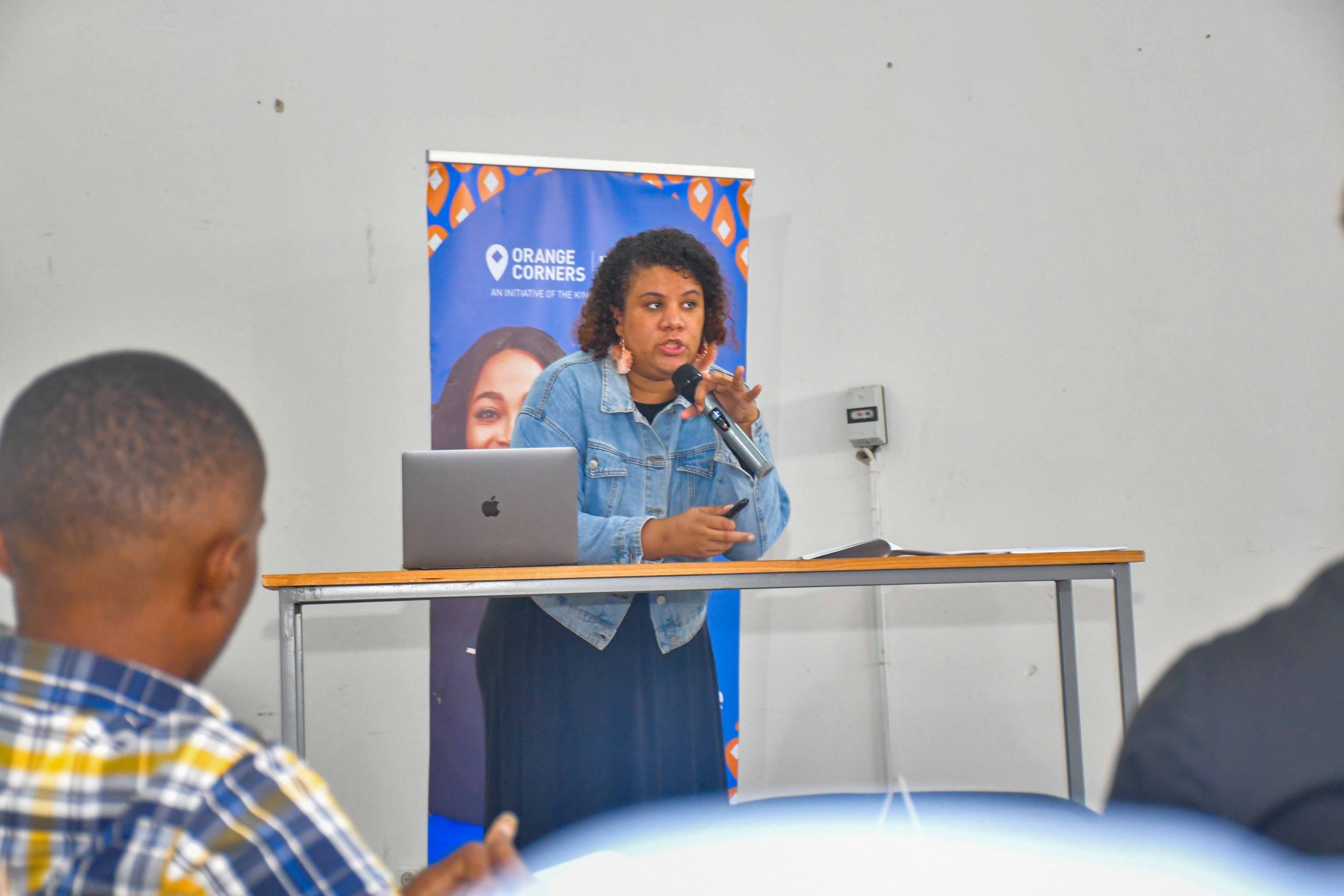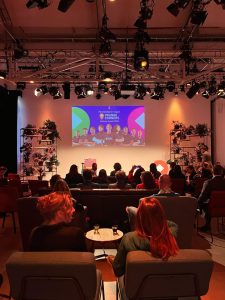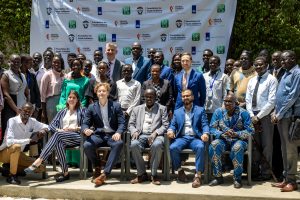Orange Corners is a network of people dedicated to create a better world through entrepreneurship. All our programmes are implemented locally by our partners, local organisations that not only share our mission and vision, but that also know everything about the local ecosystem. We sat down virtually with Shary Lima, entrepreneurship enthusiast, role model and manager of our DRC hub. What is her team up to, what challenges do they and their entrepreneurs face, and what does the entrepreneurship ecosystem in DRC look like?
To start, could you tell us a little bit about yourself?
I’m Shary Lima. I’m Congolese and have degrees in Business Management, Entrepreneurship and Business Administration from Congo and South Africa. I’ve been working for Ingenious City for almost 5 years now – first as an administrative manager, then as incubation programme manager and now I’m the hub manager. And we’ve been implementing Orange Corners in DRC since February 2020 – just before COVID hit.
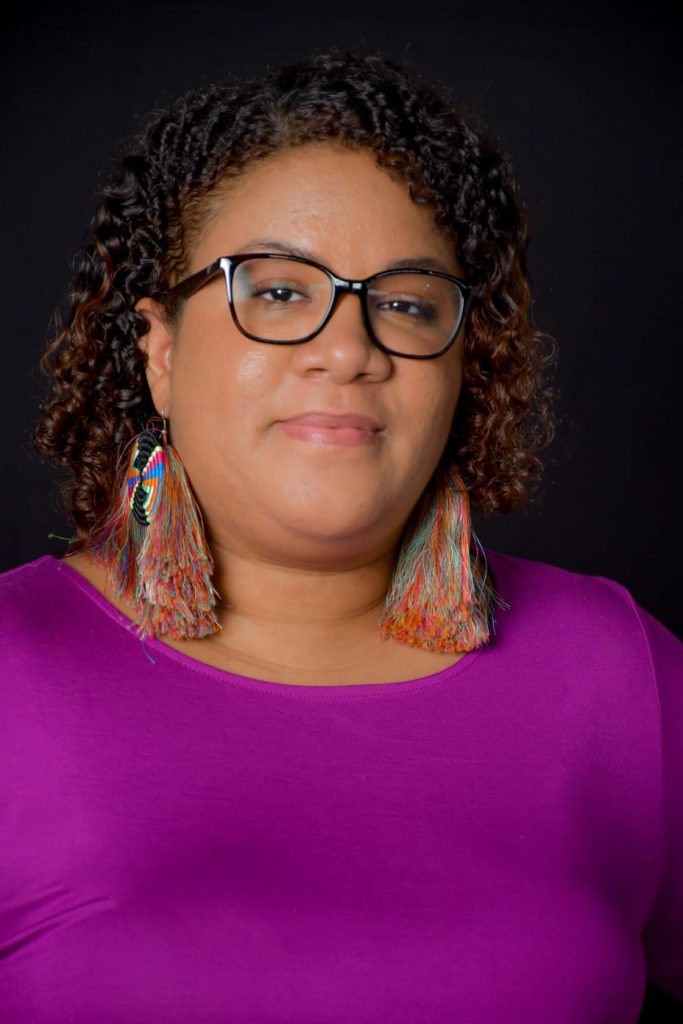
You just started your 5th and 6th cohort. What makes this combined cohort unique?
When we started Orange Corners in DRC, we always stated we were in Kinshasa and we were looking for entrepreneurs in Kinshasa, but every time we also had applicants from other regions. When we announced masterclasses or events at our hub, people that were not in Kinshasa were always saying “But what about us?” So together with our programme advisor Richard, we decided to do the 5th and the 6th cohort at the same time: one cohort in Kinshasa, and one cohort online for people outside Kinshasa. In the coming years, we’d like to also implement physical Orange Corners programmes in other regions, because Congo is a big country and there are a lot of opportunities. So this is really a test to see how it goes: how many entrepreneurs are interested, how we can work with them.
Congo is a big country and there are a lot of opportunities.
Shary Lima, Orange Corners DRC.
Do you expect any differences between an online and offline cohort?
In the end, we’d like them to have a similar experience, because it’s still the Orange Corners programme. But effectively, we need to make some adaptations. The cohort in Kinshasa has access to facilities that the online cohort doesn’t have, such as the coworking space. But we’re working towards really involving them and making sure the online cohort doesn’t feel left out. For example, when we have masterclasses by people from outside the organisation, we do physical with online retransmission. But for every workshop we do ourselves, we duplicate things. We do one physical for the people in Kinshasa, and an online one for people that aren’t in Kinshasa. In this way, they also feel that it’s about them and they’re not just watching something that’s happening elsewhere. Also, we already linked up some incubatees in the same region.
And effectively we’ve already experienced an online cohort. We started the programme in February 2020, but had to close after 3 weeks when COVID hit. So as a solution, we continued the programme online. It was quite an adaptation, but I think we managed well! We use that experience to shape the online programme we have now.
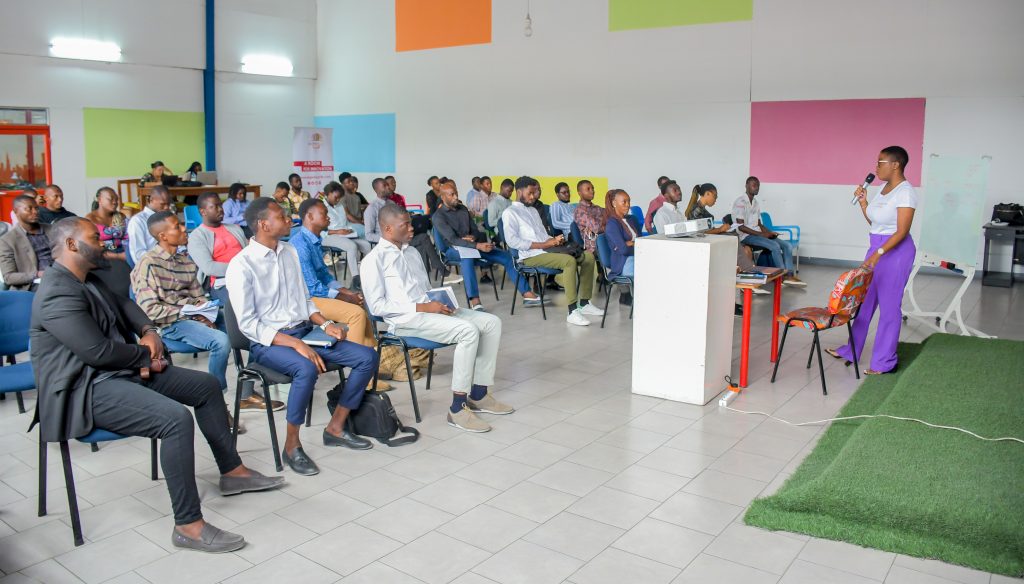
Any best practices from the previous cohorts worth sharing?
You need to think outside the box to find your way around the challenges you face when implementing an Orange Corners programme. And find ways that work in your ecosystem. We get about 1 female applicant per 5 male applicants. When we started the first cohort, we only had two female incubatees. So we really thought about how to increase that. We decided to apply positive discrimination, screen the male and female applicants separately instead of project against project. We really set a target for the bootcamp, that we want to have half male, half female. We put male applications on one side, and female applications on the other side. So male and female applicants aren’t directly in competition with each other.
We also ask our female incubatees to do videos for example, to call for other female entrepreneurs to also apply for the programme. And when we choose student ambassadors, we always choose two per university – a man and a woman. The 6th cohort, the Kinshasa cohort, is actually the first cohort where we have 50% male and 50% female incubatees.
You need to think outside the box to find your way around the challenges you face when implementing an Orange Corners programme. And find ways that work in your ecosystem.
Shary Lima, Orange Corners DRC
Why do you think fewer women apply?
There are two main problems: they’re sometimes less confident and they have a lot of responsibilities outside the programme. That’s why we also do recordings. Any time an incubatee has a problem attending a class, she can access the recording. We had that for example with a female incubatee. Her babysitter didn’t come in time, so she couldn’t leave the house. We record, and we also send all the materials, so they can watch it in their own time, and when they have questions they can come back to us.
What about female mentors or role models?
DRC is in an early stage when it comes to entrepreneurship, but there are some successful female entrepreneurs. For now, we lack that in tech, but in other sectors such as agriculture, there are some of them and they’re quite open to mentor other entrepreneurs. So that’s really something that we try to push. To put our incubatees in contact with successful entrepreneurs, so they can talk about challenges and get the help they need.
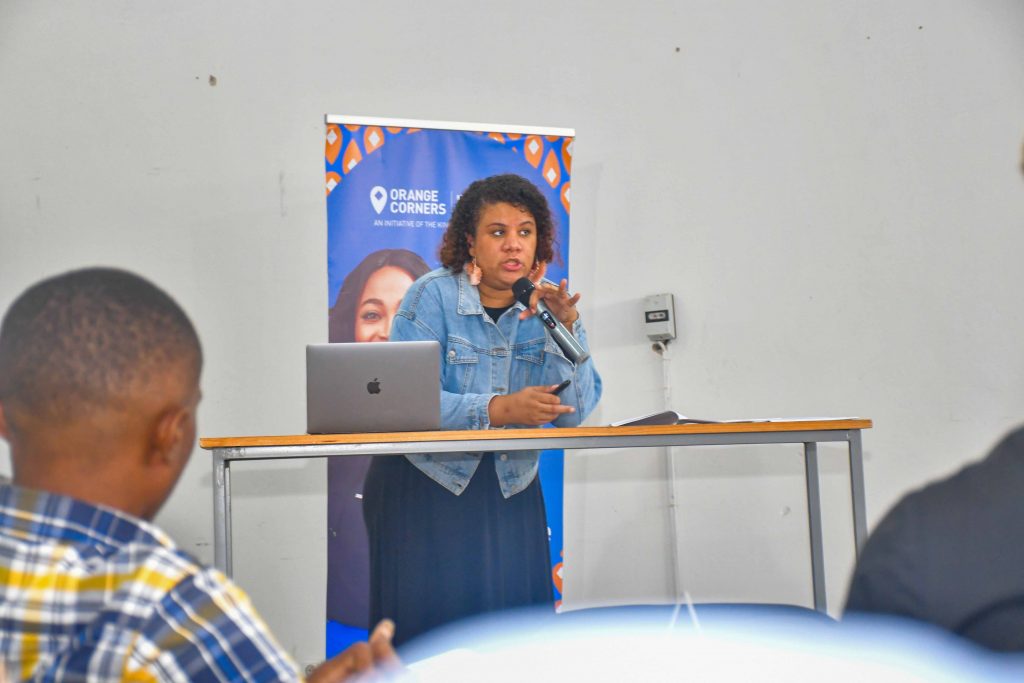
What about you yourself, do you also consider yourself as a role model for young entrepreneurs?
I never really asked myself this question. I guess so. We try to model the way we want them to act towards the ecosystem that they’re in: being professional, being on time. So I strive to be an example to each entrepreneur I interact with. They need someone they can come to when they have problems. I’m in contact with almost every alum, they know they can come to us when they have any opportunities they want to discuss, any problem, any document they want to review.
I strive to be an example to each entrepreneur I interact with.
Shary Lima, Orange Corners DRC
Are there already some success stories to tell about your earliest alumni, or is it a bit too early for that?
Yeah, it’s still a little early. For startups, it’s the 3-5 years mark that matters, and we’re entering the third year now. And also, we still have a lot of problems in the ecosystem, especially with financing and access to facilities. That’s why Congolese ecosystem players, including Orange Corners with the support of the Netherlands Embassy and the European Commission, worked to push application measures for the Startup Act. This Startup Act addresses a lot of the problems that the entrepreneurs face. The law was passed, and now we’re waiting for implementation. Here when you start your business the tax and fiscal agents are already on your back. You aren’t even in business for a year and they already come to you for payments. So the Startup Act added exemption measures for fiscality and taxes. It also addresses issues such as access to public tenders. We hope that this will really help young entrepreneurs.
Also, access to the facilities that help you develop your project in line with international norms is still a hurdle for most entrepreneurs. Renting a commercial space is expensive. Access to equipment and machines is complicated, as there are no leasing companies. This needs to be resolved before we can advance. Some technical incubators offer machines to work with, but we don’t do that yet. But we’re looking into doing that, because it will help all entrepreneurs.
As Ingenious City, we do offer coworking. Our hub really has an Orange Corner, where incubatees and alumni can come to work, where they have access to computers. This also helps foster a real community. Here they can interact with each other, help each other if needed. We are working towards launching our own alumni community, to also to support them with masterclasses and other things that they need. This will also create a better link between different cohorts.
And despite the challenges, we still have some success. There are two entrepreneurs from the 2nd cohort who received funds from FOGEC, the Congolese Guarantee Fund – a public fund. Jean-Paul Ntetika’s company Tomela produces local wine and Tatiana Tabakosse’s company Africa Hair Care offers natural hair products for African women. And in spite of the challenges they’re facing, many others are also continuing, they’re really trying to survive in this environment. Some maybe changed projects, others stopped working as entrepreneurs. But not many. Most are really trying to push ahead their project and we’re trying to help them the best way we can.
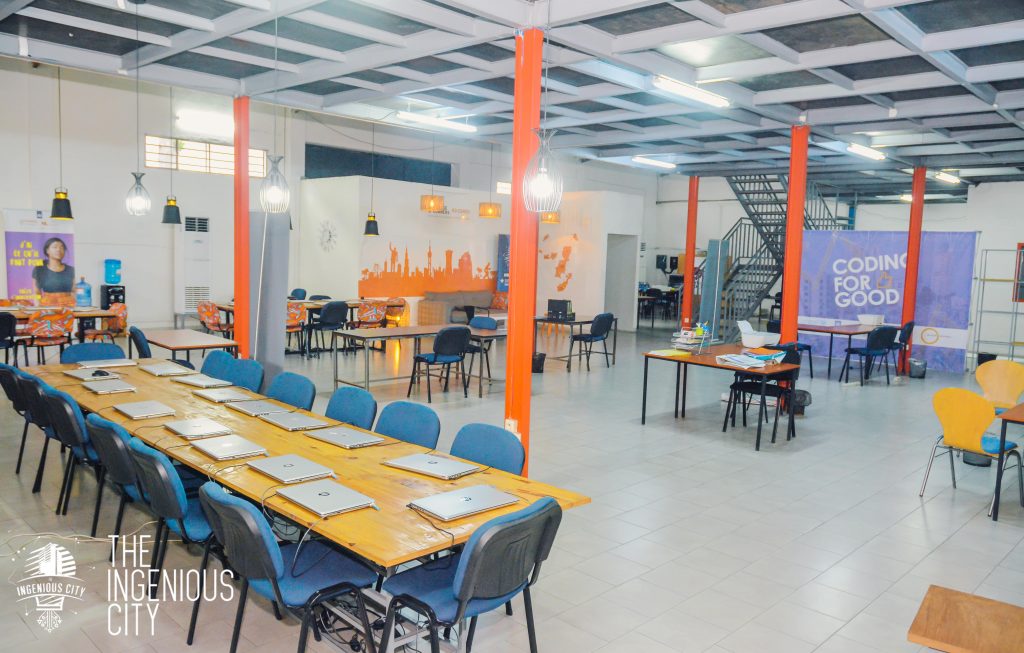
Do you have any advice for people considering a career in entrepreneurship?
You have to have resilience in this environment. I myself always wanted to work in entrepreneurship support, because when you live in Congo, you see the potential everywhere. We have a large country, we approach a population of 100 million, we possess a lot of resources needed for technology today, such as lithium and cobalt. We also have a huge agricultural potential, with a favourable climate, fertile soil, almost limitless water. And we have 9 countries around us that we can also sell to. I believe entrepreneurship has a bright future in DRC. But you really have to push and believe in yourself.

